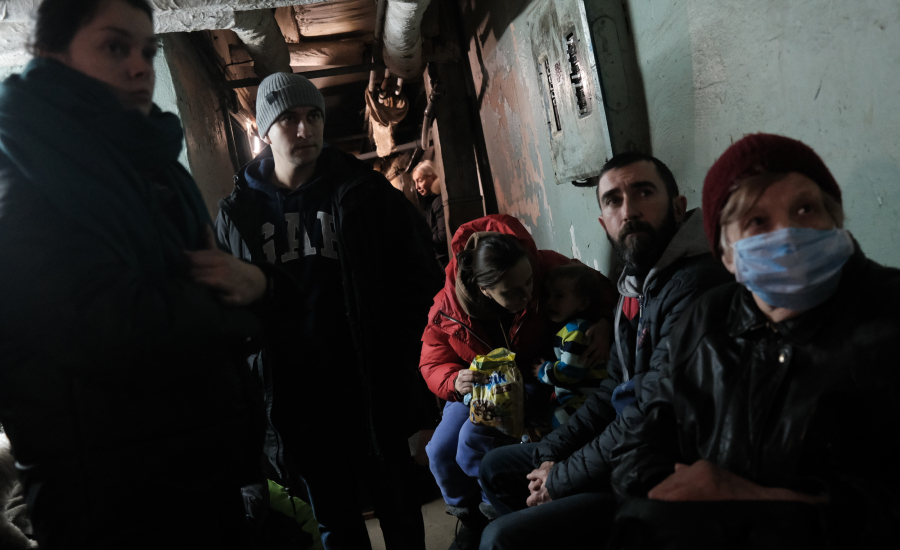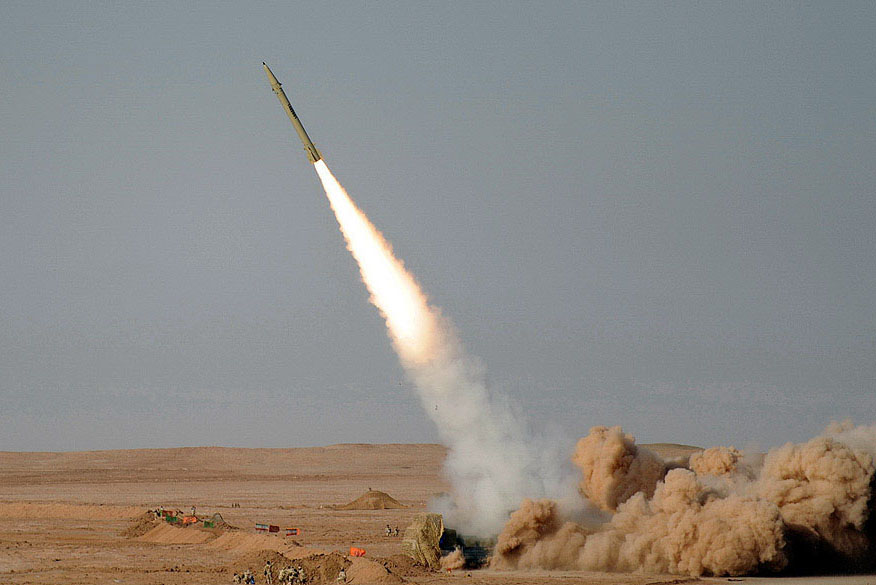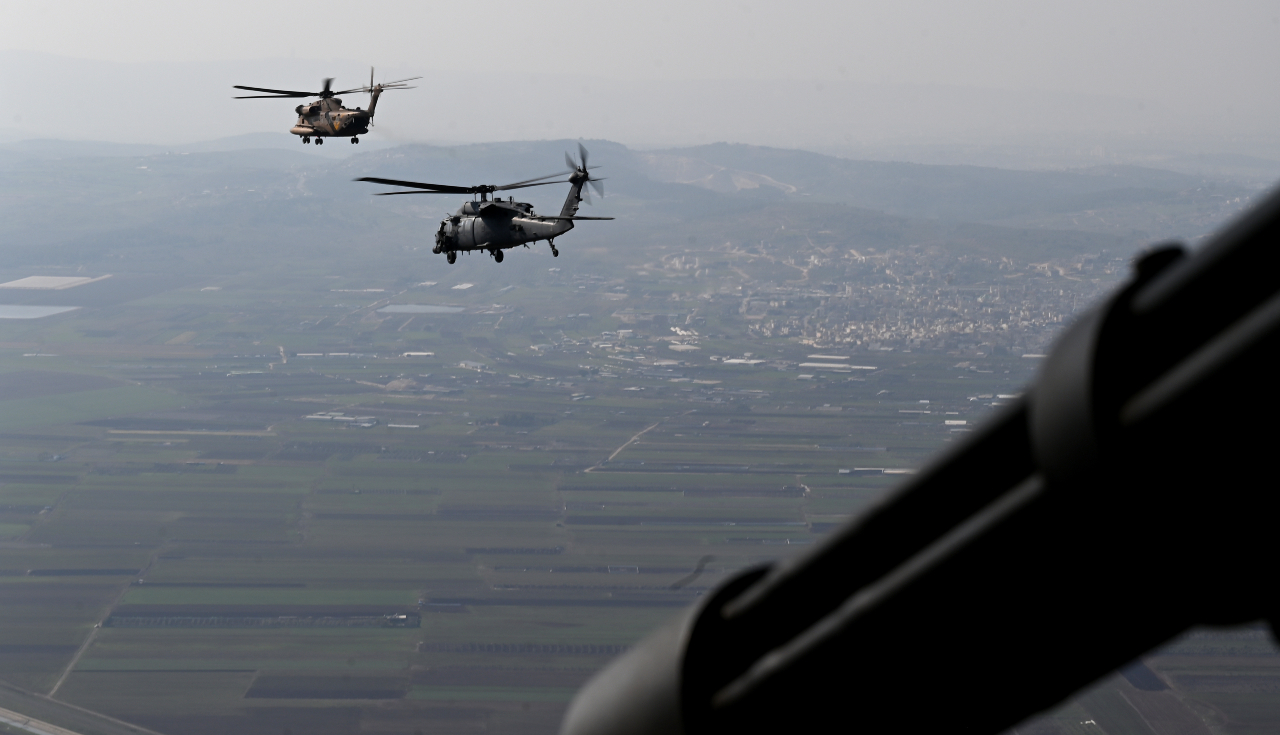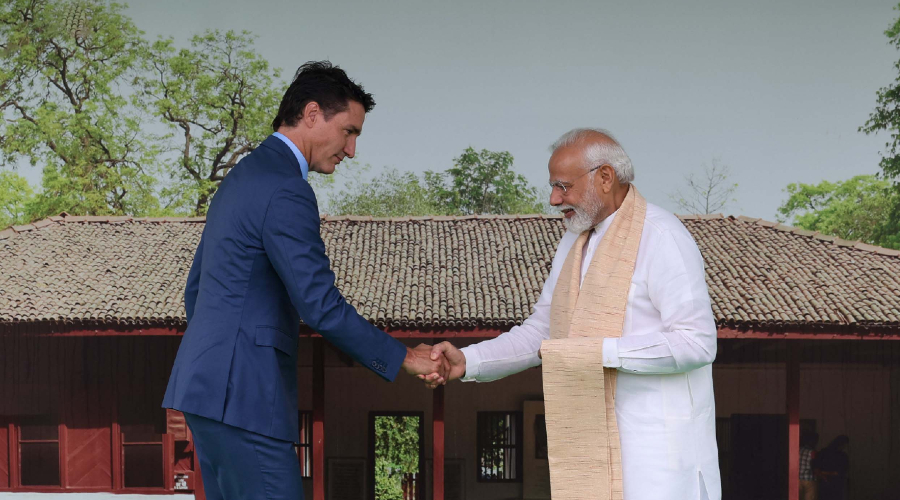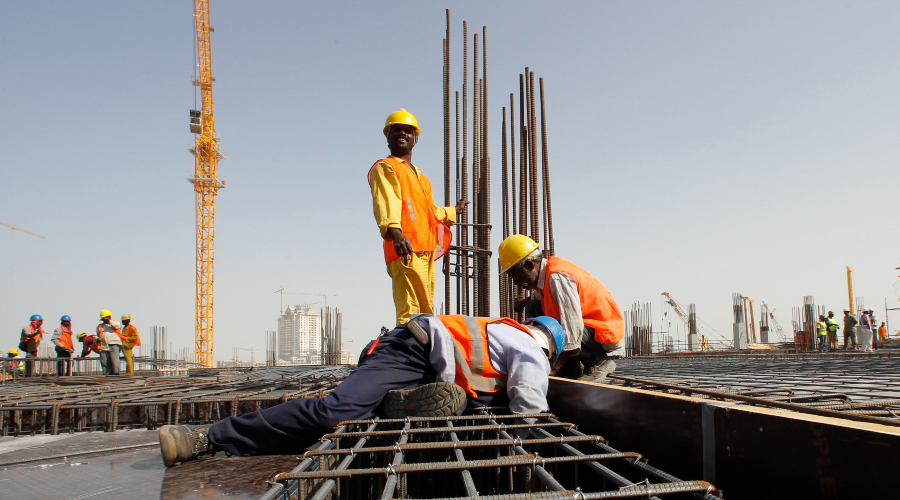-

Countering Hamas’s Financial Network
Some of the organization's sources of funding will be easier to target than others. -

How Do Civilians Respond to Political Violence?
People act on their expectations about the future and beliefs about their ability to change outcomes. Policies directed at altering these expectations and beliefs can have stabilizing effects. -

Why the Oct. 7 Attack Wasn’t Israel’s 9/11
And why the war in Gaza won’t be like the war in Afghanistan. -

Hezbollah’s Precision Threat to Israel
The Lebanese militant group's increasingly advanced arsenal could cause severe damage in Israel if the current conflict escalates. -

Let the Experts Shape U.S. Biotech Regulations
The Department of Health and Human Services’s proposed rules would needlessly stifle essential U.S. research. -

Senate Confirmation Is a Recipe for Politicizing Military Personnel Policy
Sen. Tuberville’s hold on general officer nominees is another example of a system struggling with basic functions. -

Give NATO’s Eastern Flank Countries and Ukraine All the M1 Tanks
Yes, all of them, and most of the United States’ other Cold War equipment, too. -

What 50 Years of Wars in the Middle East Tell Us About Gaza
Israel’s objectives will be difficult to achieve. The United States should be ready to support its efforts. -

The Dangers of Peak China
China's meteoric rise is faltering, but rather than tempering Beijing's ambitions, the country's slowing economic growth might encourage more aggressive policies. -

The Deep Roots of the India-Canada Diplomatic Rift
The murder of Hardeep Singh Nijjar is just the latest episode in a complicated relationship that has been marked by fundamental differences in the countries' values and priorities. -

Learning From Failed Peace Efforts in Afghanistan
The United States should be applying lessons for when and how to negotiate with adversaries to other conflicts—starting with Ukraine. -

The Kafala System Is Facilitating Labor Abuses in the Middle East
The contracts used to hire foreign laborers in many Middle Eastern countries are routinely violated and give workers few options to redress exploitative or abusive behavior.
The upcoming main navigation can be gotten through utilizing the tab key. Any buttons that open a sub navigation can be triggered by the space or enter key.



